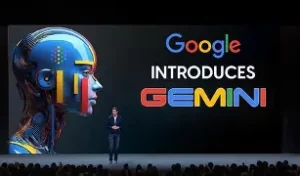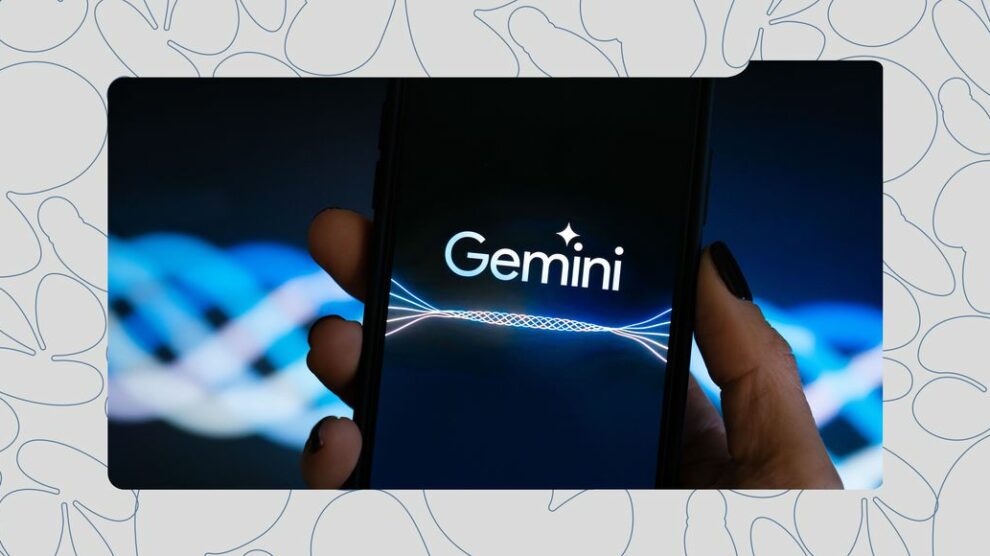In recent months, artificial intelligence has become a central talking point across Africa, with tech enthusiasts, professionals, and creatives closely monitoring advancements in generative AI. One of the most talked-about entries into the field is Google’s Gemini AI, launched as an evolution of its Bard project and now rolled out in multiple countries, including Nigeria. We took the time to rigorously test Gemini AI in Nigeria across various domains including daily use, education, creative tasks, programming, and professional productivity. Here is a detailed account of our experience and what Nigerians should know about the platform.

Gemini AI is available in Nigeria through web access and mobile applications for Android and iOS. The full deployment began in early 2024, and by February, Nigerian users could use Gemini Pro features through Bard, the conversational AI platform that integrates Gemini. One of the standout advantages is that the service comes at no financial cost to users for basic use, which includes access to image generation, code writing, and translation features. Google has ensured language support extends to more than 40 languages, which covers English and a growing number of African dialects. For many in Nigeria, this means increased accessibility to high-level AI services without requiring expensive subscriptions.
During our testing, we explored Gemini AI’s capabilities in answering general knowledge questions, reasoning tasks, and conversational prompts. The system handled most factual queries well, offering responses that were clear, concise, and fairly accurate. However, it did fall short in some basic fact-checking areas. For instance, the model incorrectly stated that no countries in Africa begin with the letter “K,” overlooking nations like Kenya. In another test, it mistakenly mentioned that the iPhone 15 Pro had not yet been released, despite it being widely available. These hallucinations are consistent with known limitations of large language models, which can sometimes generate inaccurate or outdated information with a tone of authority. These issues underscore the importance of human oversight when using AI tools for critical research or decision-making.
Beyond static knowledge, we tested Gemini AI in assistive and productivity-based tasks. When asked to draft a travel itinerary for a 5-day trip to Goa, it generated a decent plan but lacked the level of detail and personalization found in some other AI assistants like Microsoft Copilot. Similarly, when asked to compare popular streaming services such as Netflix and Amazon Prime Video in an Indian context, Gemini provided a balanced overview but didn’t offer a clear recommendation. While the analysis was fair, it was somewhat surface-level, suggesting that while Gemini is capable of summarizing information, it may not always provide deep insights unless specifically prompted to do so.
On a more positive note, Gemini’s conversational ability is impressive. In extended sessions that lasted over an hour, it maintained context well and demonstrated a remarkable capacity for natural dialogue. We challenged the model with riddles, jokes, storytelling tasks, and even light philosophical debates. Its responses remained engaging, coherent, and creative. This makes it a powerful tool not only for functional use but also for leisure and mental stimulation. It is particularly appealing to young Nigerians who are exploring AI both as a utility and a companion.
We also investigated how Nigerian professionals are leveraging Gemini AI in their work. Among job seekers, Gemini has found strong application in resume building, crafting personalized cover letters, preparing for interviews, and identifying in-demand job skills. Several users noted that Gemini helped them improve the tone and structure of their professional communications. It even suggested remote jobs and freelance platforms tailored to specific skill sets. This functionality is becoming a game changer in a competitive job market, particularly for those without access to career counseling or professional mentorship.
In the tech ecosystem, Gemini’s integration into programming environments has been warmly received. Google’s Gemini Code Assist, which launched in Nigeria in March 2025, is available for free and built on Gemini 2.0. It offers developers up to 180,000 code completions per month, supporting integration with VS Code, Android Studio, JetBrains, and GitHub. In our test, it effectively supported Python, JavaScript, and Dart, generating boilerplate code, fixing bugs, and even offering in-line documentation. The extended context window allowed it to analyze large blocks of code and respond with meaningful edits. For budding developers in Nigeria who are learning to code or working on side projects, this tool lowers the barrier to entry and speeds up the software development cycle significantly.
The Nigerian creative community is also experimenting with Gemini in various innovative ways. Music artists, particularly in Lagos, have used it to brainstorm lyrics, structure album themes, and generate music video concepts. One creative we interviewed used Gemini to help draft a legally sound artist management contract. Others found it useful for crafting engaging social media content or fine-tuning their bios. This reflects a broader trend where AI is becoming a creative co-pilot rather than a replacement, enabling faster iteration and idea generation.
Despite its strengths, Gemini AI is not without limitations. As previously mentioned, hallucinations remain a concern. Users must always cross-check critical information with trusted sources. Additionally, while Gemini can assist with various tasks, it often lacks depth in more nuanced or specialized queries. In some cases, Gemini’s output felt generic, requiring several follow-up prompts to extract the desired level of detail. Moreover, while access is free at the basic level, the advanced tier—Gemini Advanced—may introduce pricing and privacy concerns as it expands. While not yet a major issue in Nigeria, it is worth watching as the platform evolves.
Google has emphasized responsible AI deployment in Africa, stating that content moderation is built into the system to filter out harmful, explicit, or misinformation-laden outputs. This is an important step, particularly in regions like Nigeria where disinformation can have wide-reaching consequences. So far, we have found that Gemini avoids controversial topics and prompts that could lead to unsafe outputs, which is reassuring for educators and parents.
In summary, Gemini AI offers a compelling suite of features for Nigerian users looking to engage with generative AI. Its conversational power, ease of access, integration with Google tools, and strong support for coding make it a versatile companion. While it may not always match the depth of more advanced systems in every area, its utility across different sectors in Nigeria is already evident. Whether you are a job seeker, developer, student, or artist, Gemini provides a valuable toolset to enhance your productivity and creativity. As always, the key is to use it mindfully, double-check important outputs, and leverage it as an aid—not a replacement—for human insight.









Add Comment